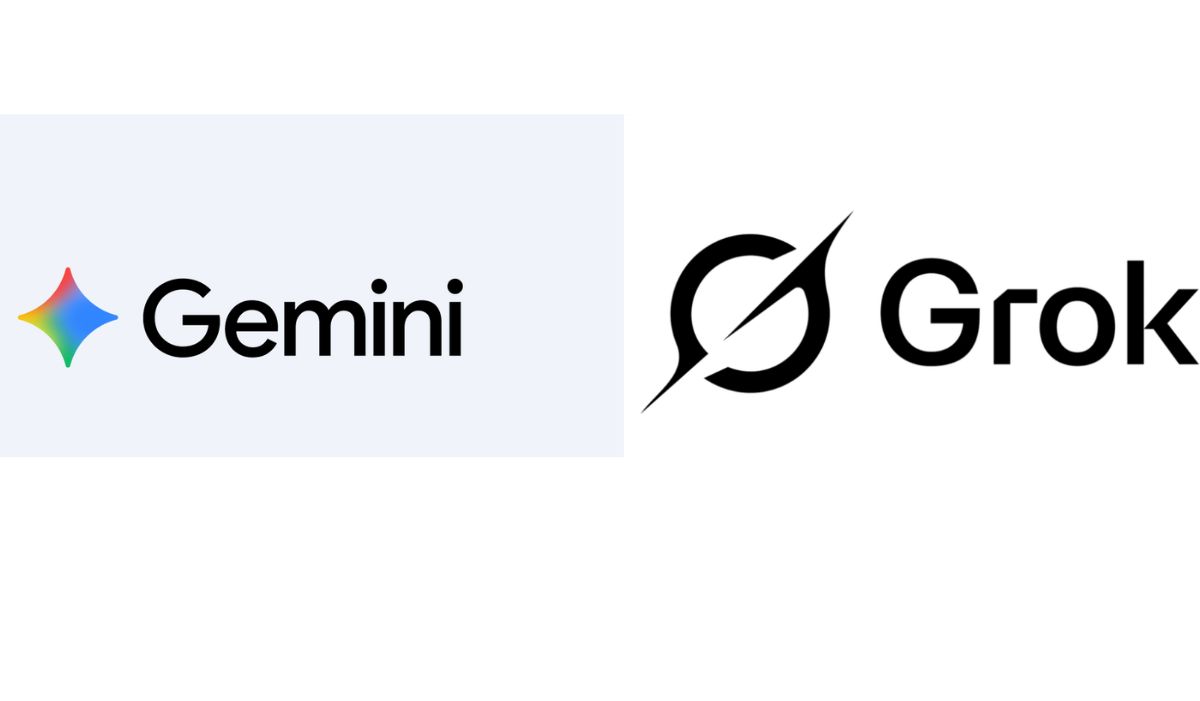Gemini, Grok, Chinese Platforms Signal New Phase in the AI Race

For over a year, OpenAI’s ChatGPT has dominated the consumer AI market, but the latest ranking from venture capital firm Andreessen Horowitz suggests the landscape is shifting. In its newly released “Top 100 Generative AI Consumer Apps” report—based on more than two years of usage data—Google’s Gemini and Elon Musk’s Grok are emerging as serious contenders, signalling that competition for the top spot is intensifying.
The study shows that the AI ecosystem is beginning to stabilise. On the web, only 11 new apps made the list this cycle compared to 17 in March, while mobile saw a fresher wave of entrants. This was helped by app stores cutting down on countless ChatGPT clones, giving space to more unique products.
Google in particular is gaining ground. Its flagship assistant, Gemini, now holds second place in web rankings, with about 12 per cent of ChatGPT’s traffic, and is also second on mobile thanks to widespread adoption on Android devices. Other Google projects like AI Studio and NotebookLM are also climbing steadily.
Meanwhile, Musk’s xAI product, Grok, has risen sharply after the launch of Grok 4, which introduced better reasoning, real-time search, and companion avatars. In under a year, Grok jumped to the fourth spot on the web and reached more than 20 million monthly active users, ranking 23rd on mobile. Meta’s AI has lagged, and apps like Claude and DeepSeek have seen stagnant growth, while Perplexity continues to attract more users.
Chinese platforms are also carving out a major presence. Quark, Doubao, and Kimi all landed within the web top 20, reflecting both the size of China’s market and restrictions that limit non-Chinese models. Many photo and video editing apps from the region, such as those by Meitu, now reach global audiences, with Chinese video AI tools gaining a distinct edge.
The report also highlighted the continued success of “All-Star” apps that have remained top performers across every edition. These include ChatGPT, Perplexity, Poe, Midjourney, Leonardo, Character AI, Veed, Quillbot, HuggingFace, and others spanning productivity, creativity, and companionship. Alongside these, the so-called “Brink List” identifies near-misses on the verge of breaking into the top tier, such as Lovable, PolyBuzz, and Pixverse.
The key takeaway is that ChatGPT remains the leader, but the dominance is no longer uncontested. With Gemini and Grok quickly narrowing the gap, and with Chinese platforms and innovative newcomers continuing to rise, the next major shift in AI adoption may already be taking shape at the edges.





